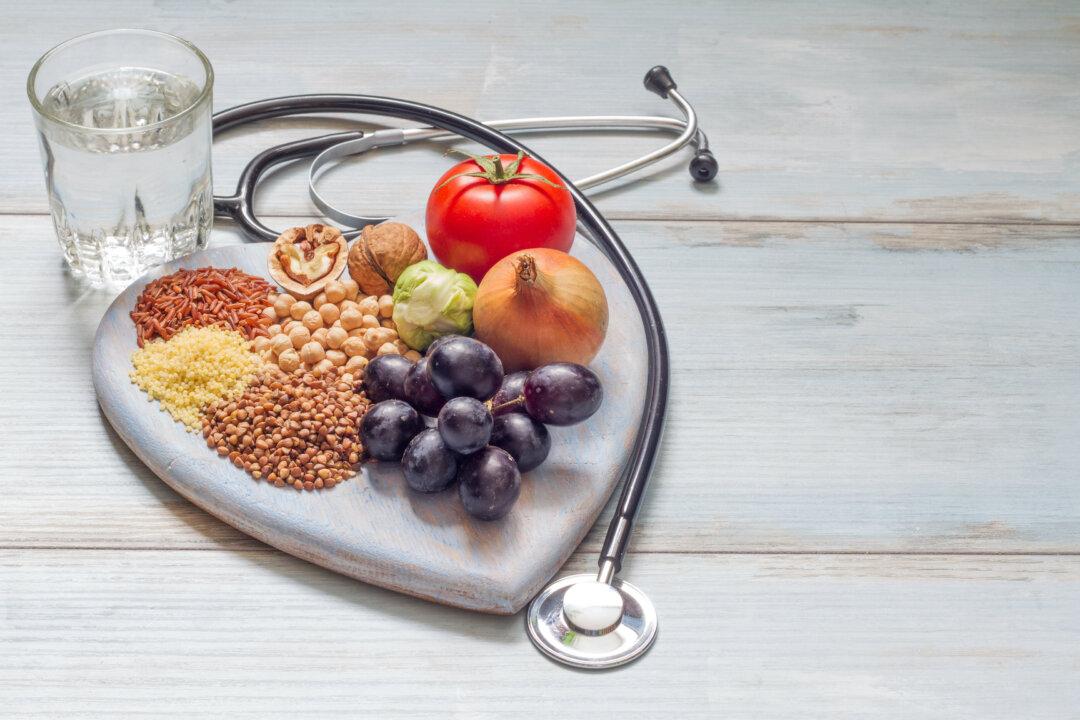Children of mothers who got more than the recommended amount choline while pregnant had better long-term cognitive outcomes, a new study finds. The study comes as nutrition experts continue to push for more research into the nutrient—and warn that getting too much could boost our risk for cardiovascular issues.
The study was published in Journal of the Federation of American Societies for Experimental Biology.





